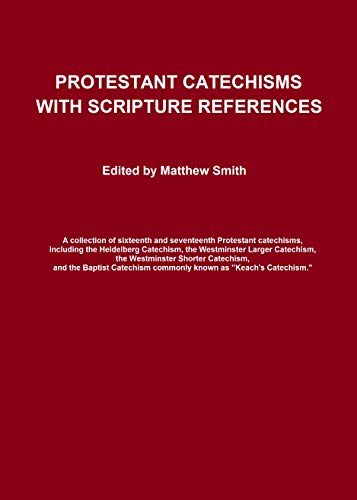What do you think?
Rate this book


At the beginning of the preface to The Way of Life, Charles Hodge summarized the Christian commitment to truth and the indispensable necessity of applying truth to the heart and mind in order to promote holiness. “It is one of the clearest principles of divine revelation, that holiness is the fruit of truth; and it is one of the plainest inferences from that principle, that the exhibition of the truth is the best means of promoting holiness.”
Historically, the Protestant churches have utilized catechisms as a means of systematically instructing youth in the content of Christian doctrine. It is recognized that without an established catechism, individuals will either lack Christian instruction, or what instruction they receive will vary according to the individual knowledge, abilities, and dedication of their teachers. In order to prevent ignorance of God's word, catechism-based instruction can be implemented in any setting, along with Scripture memorization, which can ensure profitable instruction.
169 pages, Kindle Edition
Published May 4, 2019